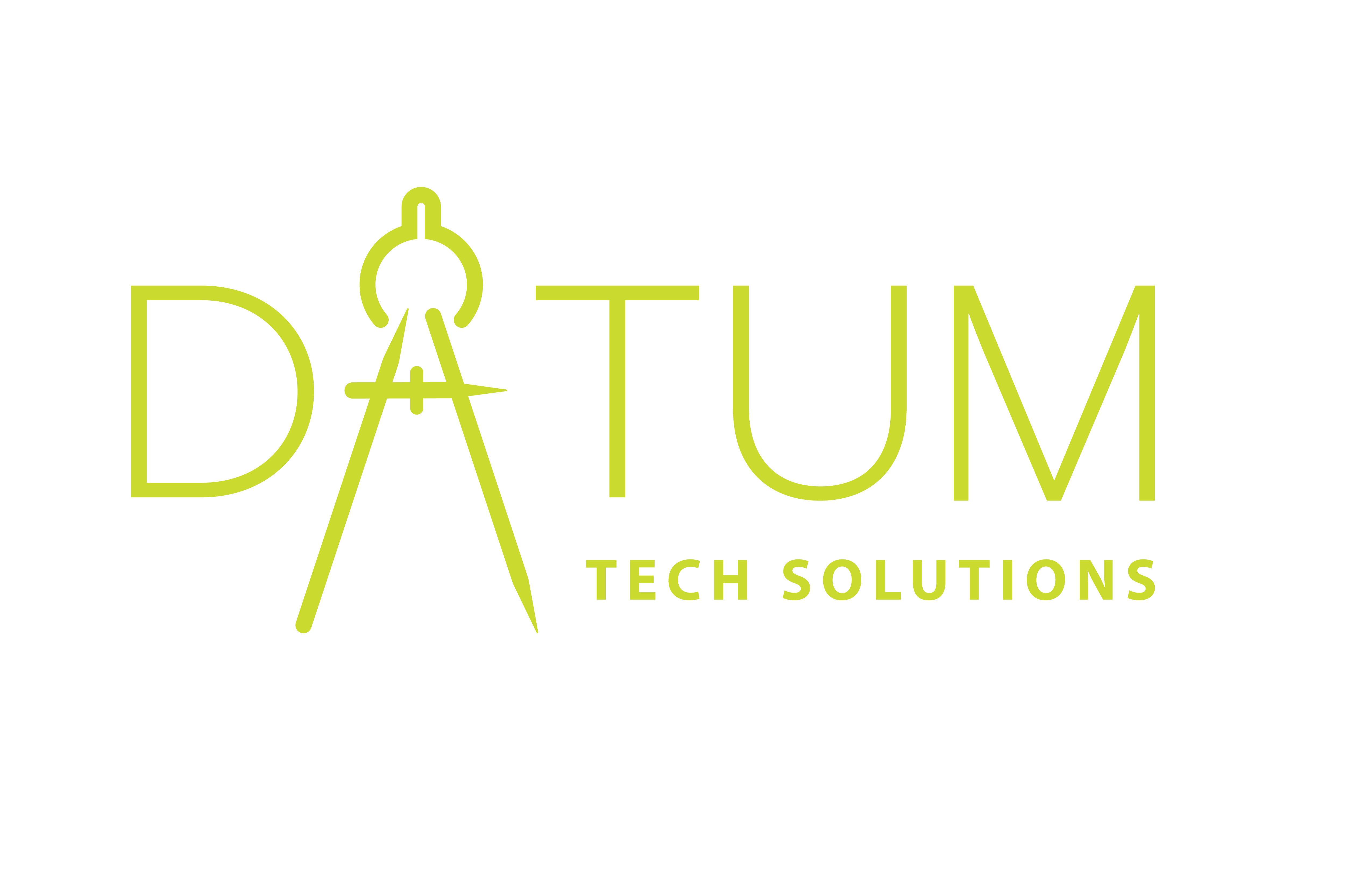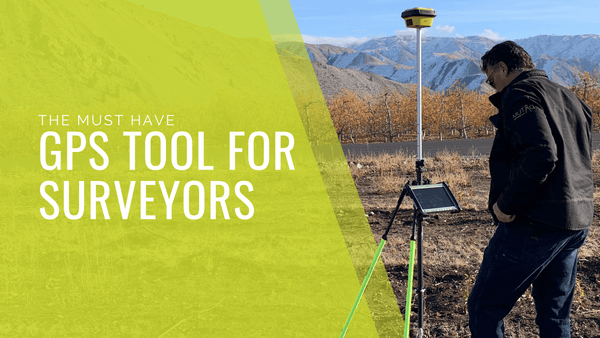These are the Top 5 Reasons Why We Use BIM to Optimize our Workflow
It’s no secret that Building Information Modeling (BIM) is changing the AEC industry and the way we communicate. BIM is more than technology, and it’s changing the way we operate. For example, in the construction industry, we no longer have to rely on paper drawings to get things done. BIM gives teams access to how things are analyzed, estimated/budgeted, scheduled, and managed through each phase of construction.
BIM allows projects to be virtually built so we can identify better designs in less time, improve communication among teams, provide better estimates for project completion dates, and assess problems before they happen. Whether you’re wondering how to integrate your team or interested in learning more about BIM training services and support, these are the top reasons why we adapted to a BIM workflow.
-
Better Communication
When you work with a team, it’s critical to keep everyone on the same page. During design, detailing, and fabrication, BIM workflow allows us to improve communication, and get faster and better-coordinated designs with cloud-based tools.
-
Better Designs in Less Time
Whether it’s to eliminate errors or change the design altogether, issues at the design phase can be minimized when modeling in the BIM environment. BIM gives us better faster production of design alternatives. Teams can address issues both in real-time and before construction actually starts through the virtual construction process.
-
Better Estimating
In the BIM environment, estimating is more accurate. We can see what each component looks like before construction begins, which reduces costs and eliminates risks. This reduces rework and material waste while improving productivity.
-
Improves Schedule Performance
We can view animated models of the construction process and see what the building should look like on any day of the schedule. This helps us assess the project status, and helps us stay on track.
-
Safer Construction Sites
Safety is a top priority for construction sites. BIM can help improve safety by uncovering issues before they become problems. It provides details on why, where, when, and what safety measures are needed to prevent accidents before they happen.
Conclusion
We adapted to BIM workflow to reduce costs, improve efficiency, and minimize project hazards and risks. If you want to learn more about BIM workflow, give us a call today to discuss how we can help bring your team up to speed with all the features. Contact us today!
Related: Technology and Innovation in Today's AEC Community



